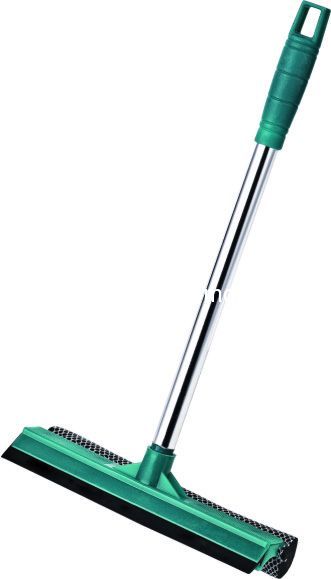Knowledge of Double faced glass cleaner household
Hazards of the trade
A window cleaner climbing out of a scaffold in Shanghai. Although wearing a harness it is only attached to the scaffold instead of having an independent line, which means the worker will still fall if the scaffold fails
Risks include slipping on water or soap, and falling from heights. Unlike in Scotland, there is no government licensing in The United States, England or Wales - this means anyone can claim to be a window cleaner. Window cleaning is considered the most dangerous job in the UK.[2] Several window cleaners die each year, and many are injured.[3] multifunctional general wipe window device at home cleaning tool
Many window cleaning businesses are claiming that laws are about to come into force due to European Directive 2001/45/EC that will make ladders illegal for window cleaners.. However, the government denies this stipulation, as ladder use for window cleaning is "low risk and short duration":[4]
To clarify the situation HSE is not attempting to ban ladders or stepladders, but ladders should not be the automatic first choice of access. They should only be used after a suitable assessment of the alternatives and the prevailing site conditions. The selection process for access equipment is coming under increasing scrutiny at HSE inspections. This guidance clarifies that for short duration work like window cleaning, provided a number of well-recognised precautions are taken, ladders will remain a common tool for many jobs.[3]
The Working At Height Regulations came into force in 2005 and does not ban ladders [4] but merely restricts their use to safe methods, i.e. foot it by person or with a ladderstopper:
4.2.2. The feet of portable ladders must be prevented from slipping during use by securing the stiles at or near their upper or lower ends, by any anti-slip device or by any other arrangement of equivalent effectiveness. Ladders used for access must be long enough to protrude sufficiently beyond the access platform, unless other measures have been taken to ensure a firm handhold. Interlocking ladders and extension ladders must be used so that the different sections are prevented from moving relative to one another. Mobile ladders must be prevented from moving before they are stepped on.[5][6]
The HSE favours the use of scaffold towers, i.e. temporary workstations, for window cleaning but acknowledges this is rather awkward:
"For some jobs, a mobile elevating work platform will be the best option. However, for many jobs, especially on domestic and small commercial buildings, risk assessment will demonstrate that because of the short duration of the work and features on the building that cannot be altered, ladders are the only realistic option." [7]
Though hailed as safer than ladders, the Health and Safety Executive acknowledges
[7] that WFP systems spill lots of water which either the
window cleaner or their client could slip on.

Ecology and water shortages Double faced glass cleaner household Another issue is how "green" window cleaning companies are seen to be. During the spring of 2006 Defra considered banning the non-essential use of water and extending their already tight restrictions to prevent the use of water-fed safer which reach up to 60 ft. Window cleaners could return to the bucket-and-mop method, because Health and Safety Working at Heights allows such for temporary access,.
[4] Many window cleaners and
window cleaning companies argue that their usage of water is minimal in comparison with water usages of large industry and energy companies, and that their water usage accounts for a small percentage of overall water consumption in developed countries.
[8] [9]multifunctional general wipe window device at home cleaning tool
Technological progress and decline in labor requirements
A lot of progress has been made in the area of minimizing the need for labor in this industry by use of technology. The availability of technology such as thePressure washer has made it more efficient. And more recently in High tech societies the use of fully automated robotic
window cleaners is starting to become common.





